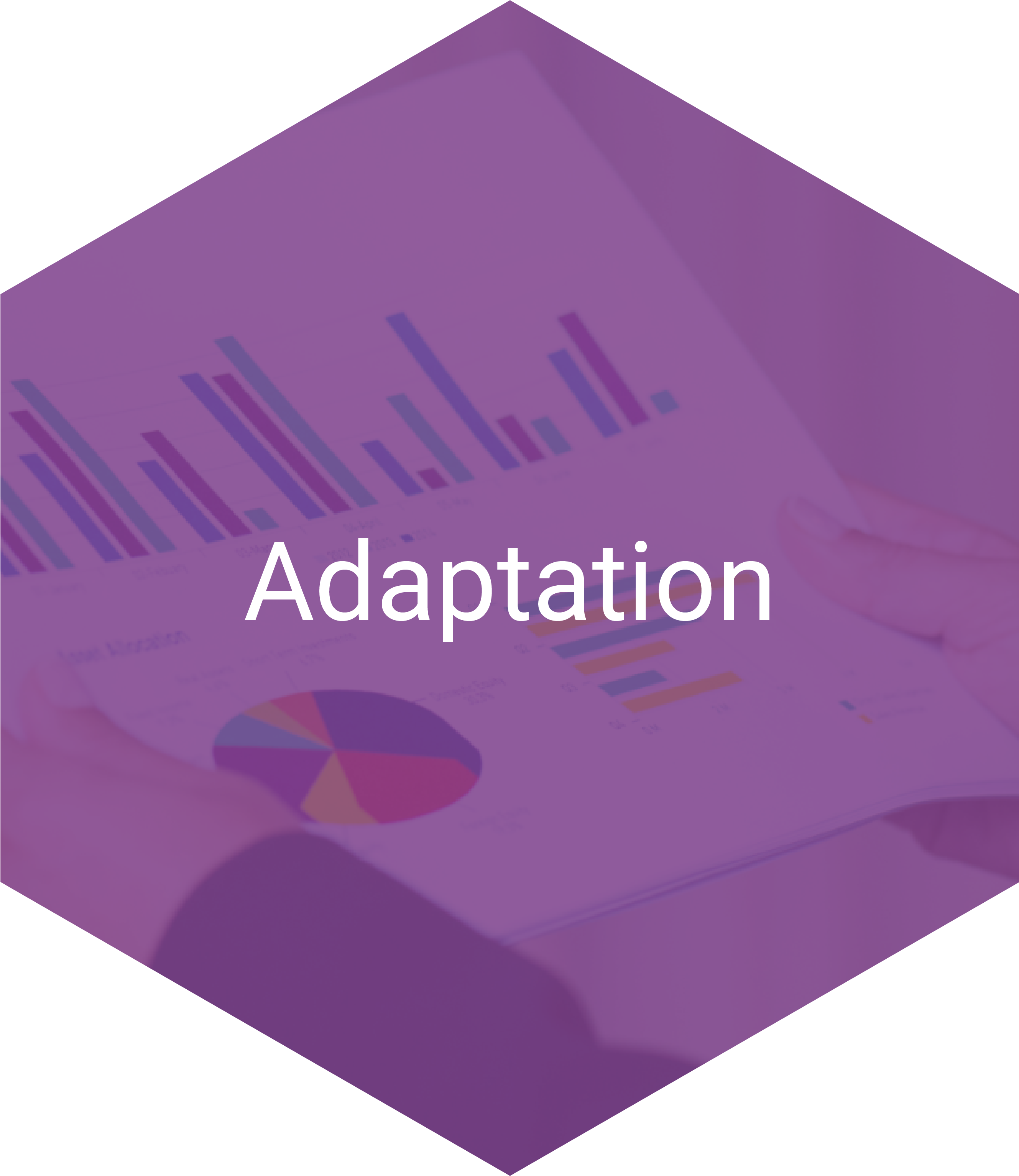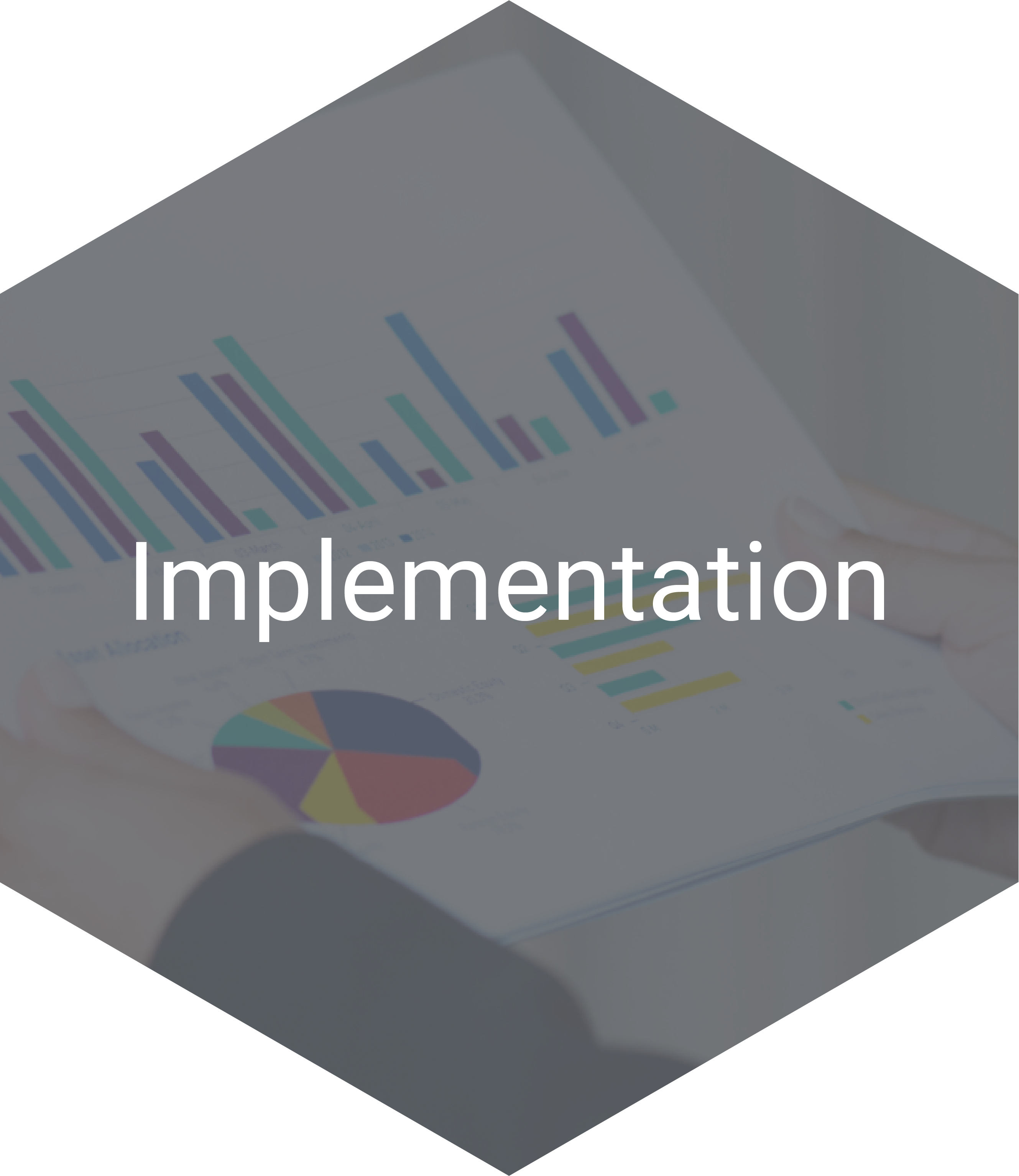Stories
Stories illustrate how the concepts presented in each section can be applied. These brief real-life examples present how others have successfully done this work.
Evaluation Stories
3 ResultsBroad Partnerships to Promote Family-Friendly Workplaces in Rhode Island
The Rhode Island Parental and Family Medical Leave Act was accomplished through a broad partnership that chose to frame the need for paid family leave as an economic issue (i.e., excess costs to businesses when they lose valued employees and have to recruit and retrain new ones, and lost revenue for the state due to women being out of the workforce). The partnership also focuses on paid family leave as a caregiver issue (i.e., not a women’s issue), which affects caregivers of newborns through the elderly.
Source: Centers for Disease Control and Prevention, https://www.cdc.gov/child-abuse-neglect/communication-resources/efc-BoostYourCompetitiveEdge-508.pdf
Establishing Connecticut’s Two-Generation Policy
Policy approaches can shape the social environments in which children grow up in ways conducive to better health and well-being. In 2015, Connecticut passed a provision in the state budget establishing what it calls a “two-generational” school readiness and workforce development pilot program to foster family economic self-sufficiency in low-income families. The program delivers early education and workforce services concurrently across generations (i.e., parent and child or caregiver). To oversee the program, the legislation established an interagency workgroup comprised of commissioners of the departments of public health, social services, early childhood, education, housing, transportation, labor, and corrections, as well as the chief court administrator, nonprofit and philanthropic organizations, and other business and academic professionals.
Source: Association of State and Territorial Health Officials, https://www.astho.org/Prevention/Essentials-for-Childhood-Policy-Guide
Making the Case for Early Childhood Education in San Antonio, TX
Describing the problem and its solutions in creative, compelling ways can help educate different types of people in creating safe, stable and nurturing relationships and environments. When San Antonio Mayor Julián Castro launched the Brainpower Initiative, he described early education as critically important to the city’s quality of life and economic development. For San Antonio to be globally competitive in the 21st century, Mayor Castro argued, it needed to invest in pre-kindergarten, so that toddlers of today would grow up to be an educated, capable workforce. He made the case that the Brainpower Initiative would promote academic achievement and improve graduation rates, and he presented evidence that the city would gain $7 for every dollar invested in high-quality pre-kindergarten. With support from local business and education leaders and seven former mayors, San Antonio voters approved a funding measure to support full-day pre-K for 4,000 four-year-olds every year through 2020.
Source: Centers for Disease Control and Prevention, https://www.cdc.gov/child-abuse-neglect/communication-resources/efc-building-community-commitment.pdf

 STORIES
STORIES RESOURCES
RESOURCES APPROACHES
APPROACHES CONTACT
CONTACT





